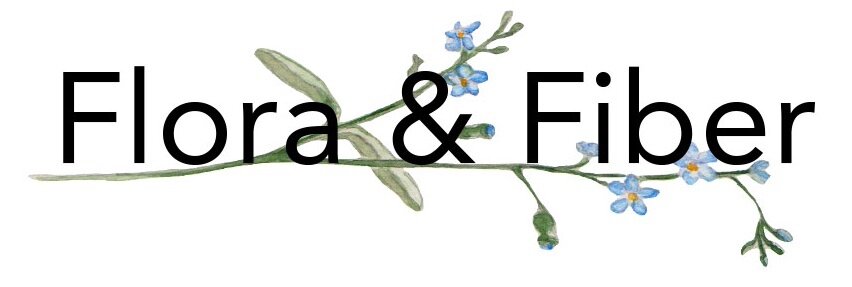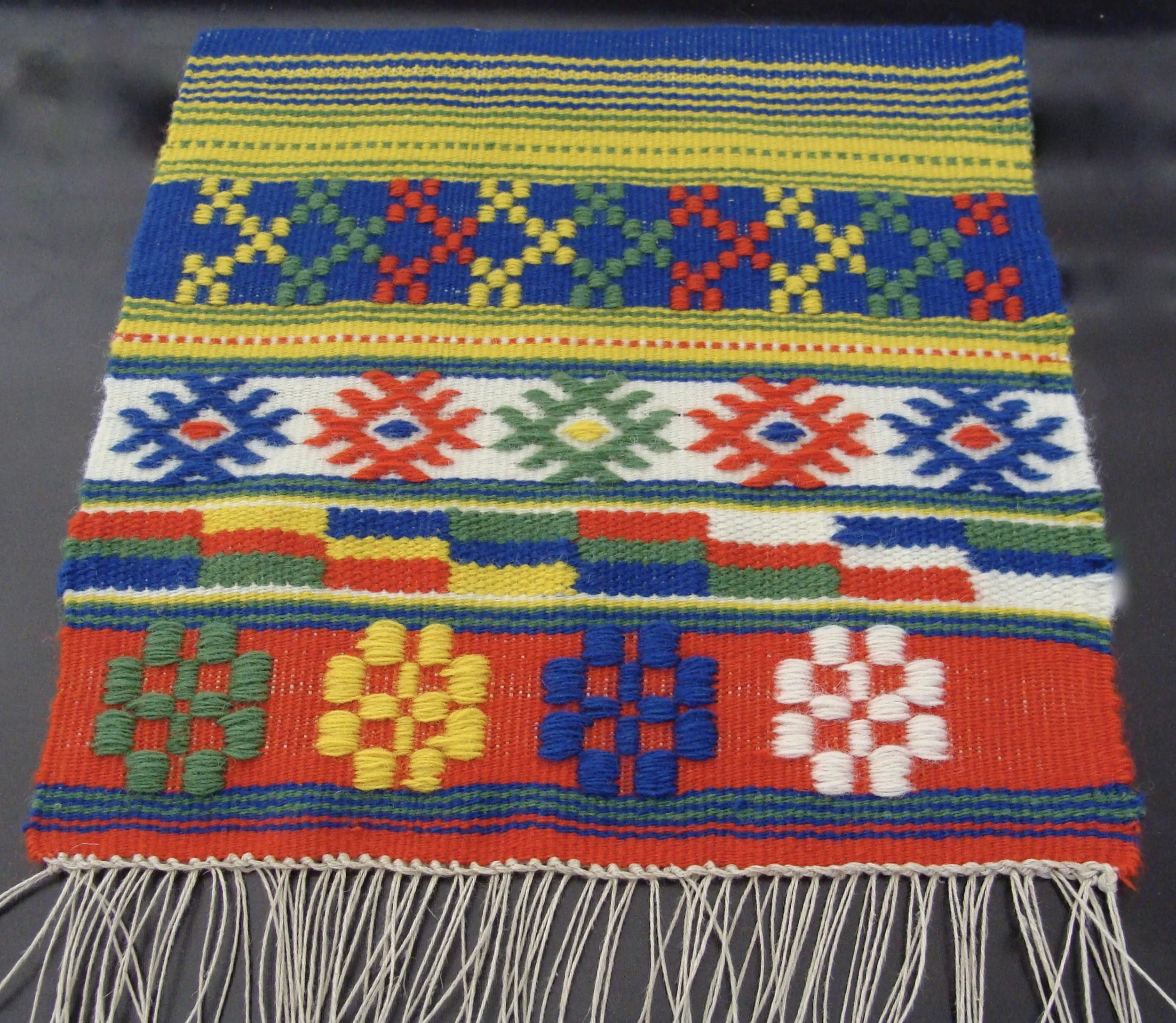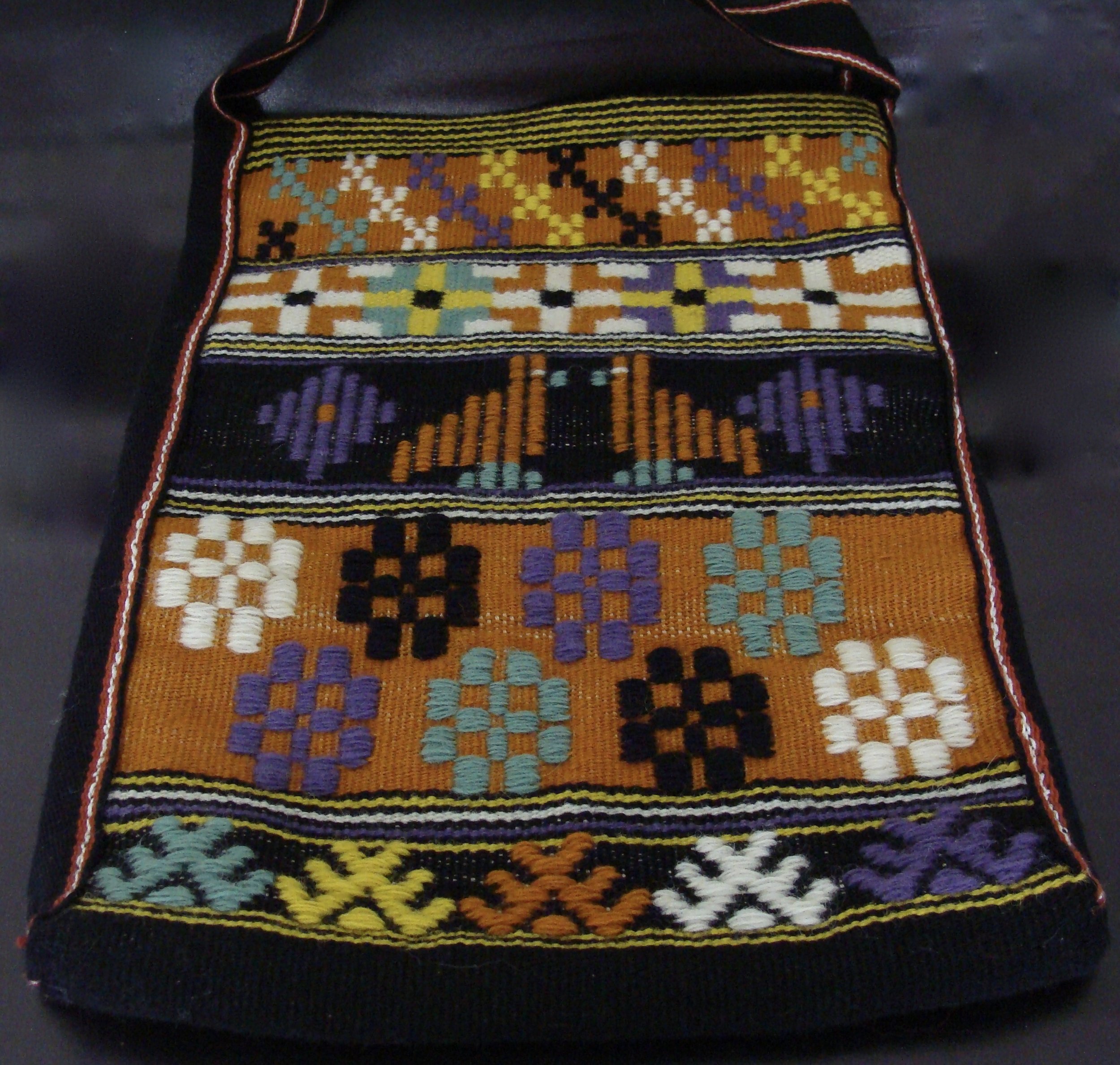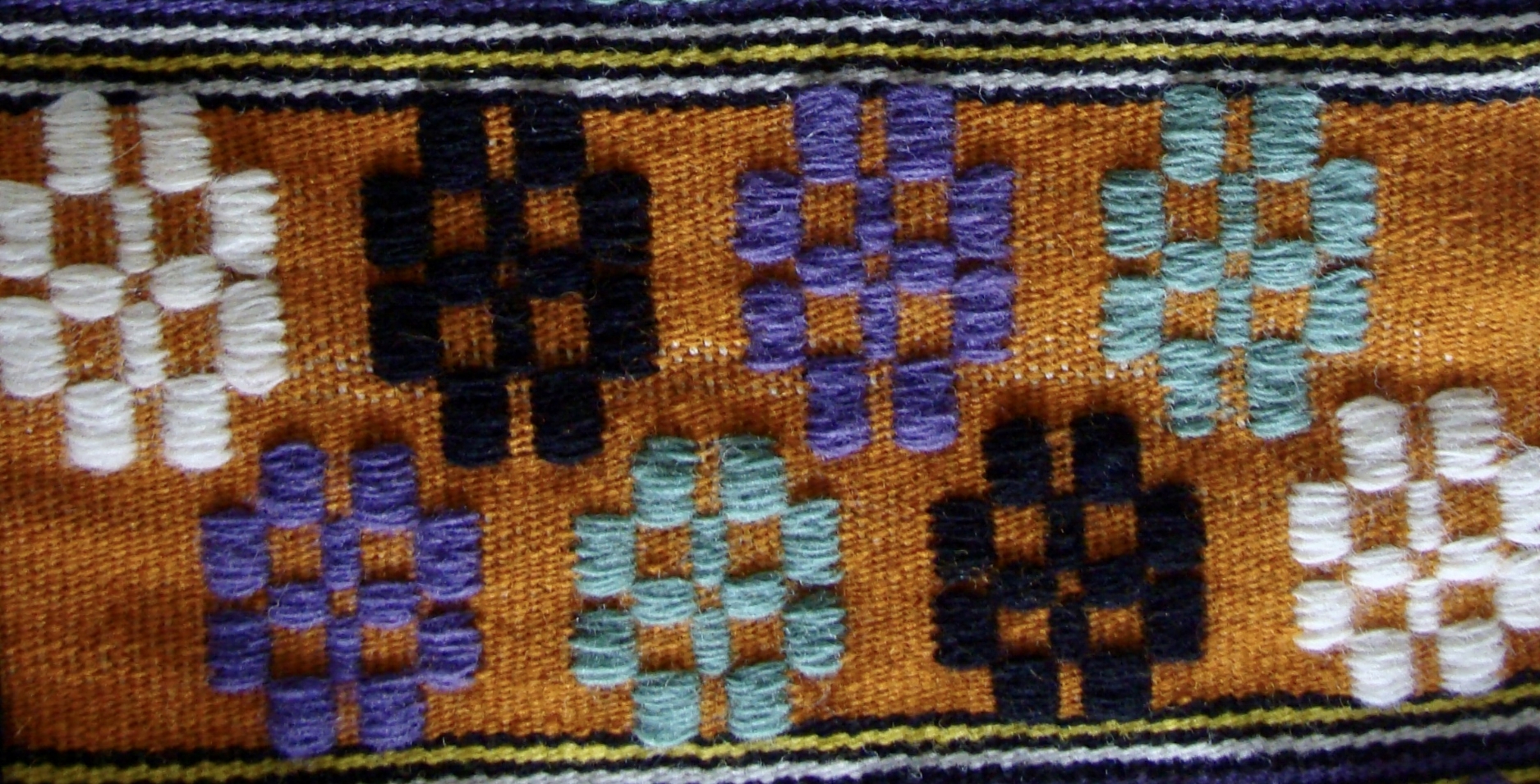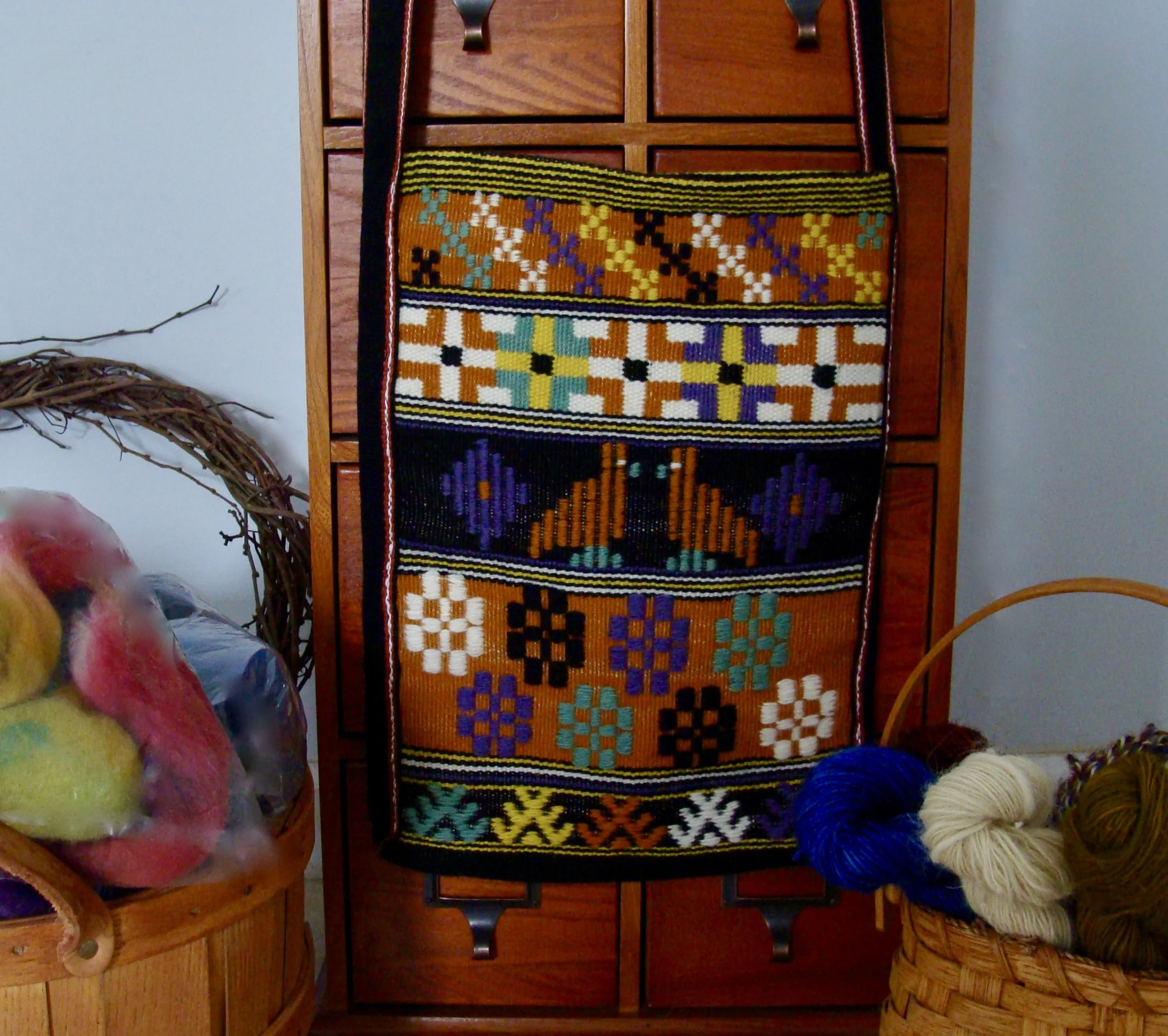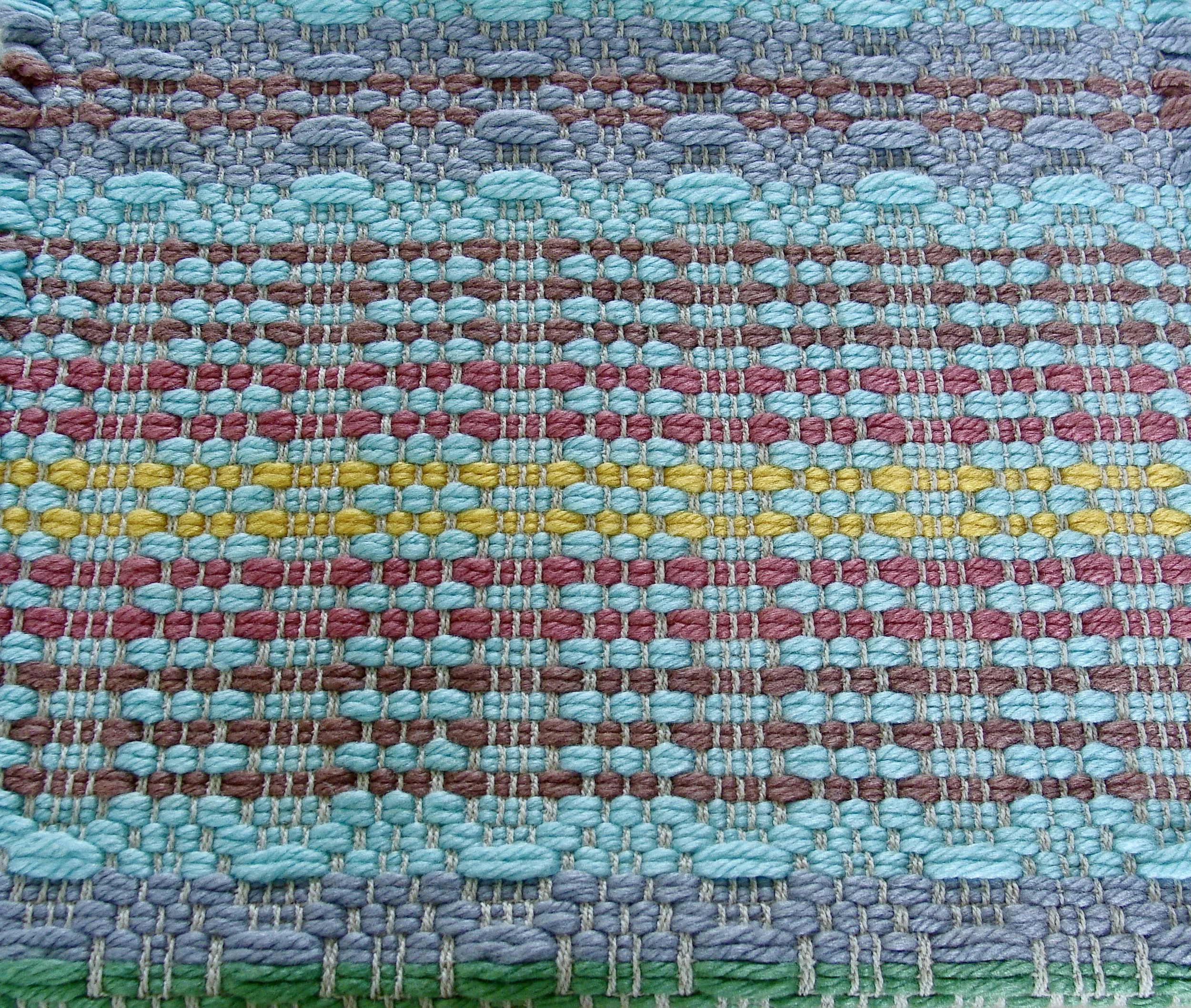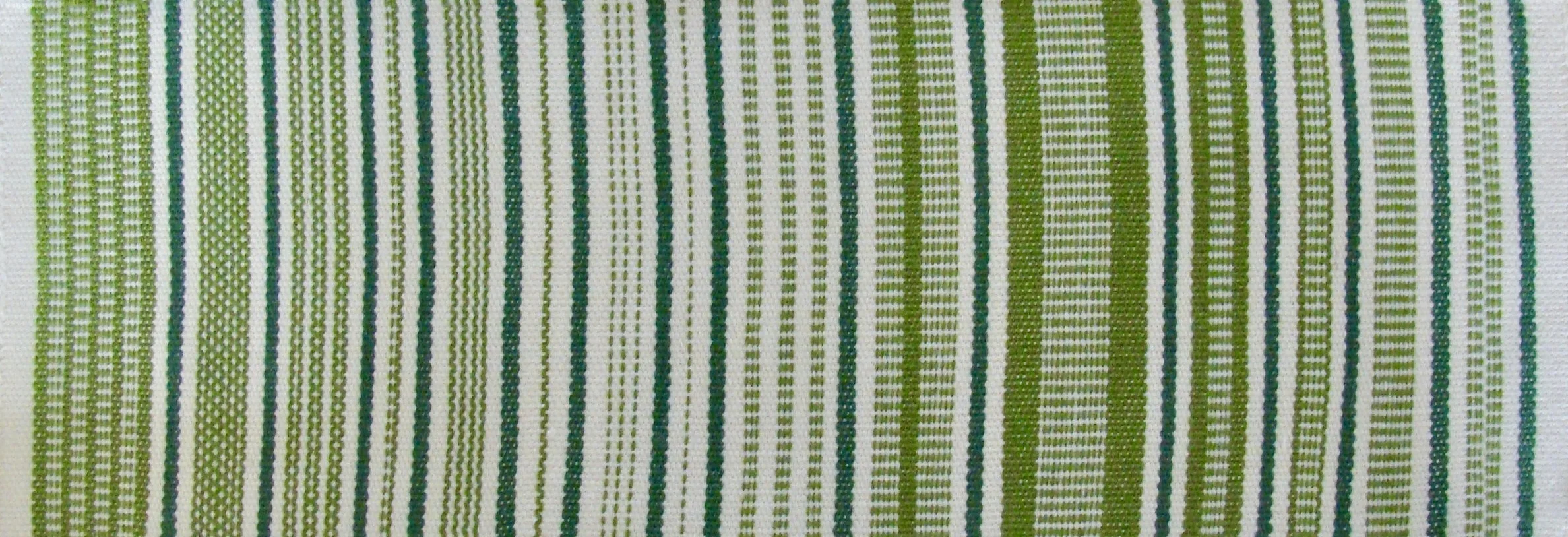Swedish Art Weave - Part 2
This is Part 2 of Swedish Art Weave. In Part 1, I shared the tote bag I made with a sampler of the various techniques. Today's post provides a closer look at each of those techniques.
The header photo (above) is the sampler I wove during the workshop with Joanne Hall in July. It contains many of the same weaving techniques, but in a different colorway.
The Swedish techniques represent what are termed Skåne art weaves. Skåne is a southern province/county of Sweden.
Originally, items were woven for practical purposes such as bench pads, and, most commonly, for carriage cushions to provide warmth.
"Skåne has a rich tradition of textile craft. . . The womenfolk and daughters of the peasant proprietors wove and embroidered to amass grand dowries . . . it was of great value for the women, who filled up their chest storage rooms. A beautiful carriage cushion could have the same value as a horse in an inventory." ------ Gunvor Johansson, Skåne Art Weave Techniques
However, the weavings also became runners, wall hangings, and coverlets set out on special occasions. Because the Skåne cottages had open fires, the walls became covered with soot. With grey walls and few small windows, something was needed to make the place festive for a party. So, long wall hangings would be hung to brighten the walls and beautiful coverlets to cover the ordinary day-to-day bedding. After the special occasion, the textiles would be stored in chests to retain their bright colors.
"[The chests] in the chest chamber, positioned so that if there was a fire (which was common), the chests could quickly be extricated, with all their precious contents." ----- Gunvor Johansson, Skåne Art Weave Techniques
As a review, all of the techniques can be woven on a regular four-shaft loom and are woven with the reverse up. The warp is 16/3 unbleached linen and the weft is 6/1 Faro wool yarn.
Weaving Lingo - Most of these are inlay weaves on a plain weave ground which is usually weft faced. It is threaded as a simple four shaft straight draw.
Let's get started with a closer look at each of these Skåne art weave techniques.
HALVKRABBA
Halvkrabba creates geometric patterns formed by squares. The design motifs are typically stars and diagonal blocks.
Weaving Lingo - a treadled inlay technique picked up in an open shed on a plain weave ground.
RÖLAKAN
A tapestry technique along with viggrölakan (tapestry on a diagonal) that has been found on Swedish tapestries dating from the 7th and 8th centuries. Carriage cushions often were woven in rölakan with octagon designs containing horses and deers. Other common patterns were the star, check, hourglass, lily, tulip, human figure, tree, and zig-zag.
Weaving Lingo - a weft-faced plain weave design woven with a double interlock tapestry technique using small skeins or butterflies of yarn.
Dukagång
Dukagång was historically used for very large wall hangings. The technique is seen in Bkådrätt weavings with a white linen background and dark blue woolen yarn patterns.
Weaving Lingo - an inlay technique woven as pick-up using a shed stick or sword behind the shafts. It uses a supplementary inlay weft creating the pattern on a plain-weave background.
MUNKABÄLTE
Weavers may be familiar with Munkabalte or Monk's Belt that can be threaded and woven on a four-shaft loom. However, when combined with other weaves, as in this sampler, it is woven with heddle rods. Monk's Belt was also called "block rose" in old weaving books. Coverlets found in southwest Skåne often appear in brightly colored Monk's Belt weaving.
The heddle rods raise the pattern warp threads.
KRABBASNÅR
Krabbasnår or Krabba is often woven as patterned borders on coverlets or to separate sections in a sampler of techniques. Common designs are eight-pointed stars and hearts.
Weaving Lingo - an inlay technique with a plain weave ground; picked up on a closed shed from the reverse. The pattern elements move diagonally on the cloth.
PICK AND PICK
In Swedish this is referred to as Käringar Tänder translated old lady's teeth. As you've probably noticed, varying colored stripes are woven between the different patterns to add to the decorative effect. When the same color is used in both plain weave sheds a horizontal stripe is made. However, if two colors are alternated, the pick and pick effect makes vertical striping as seen above
Weaving Lingo - considered a color and weave effect.
These are not the only Swedish Weaves. I have yet to explore Three-Shaft or Bound Rosepath, Trensaflossa, Opphämata, Halvdräll . . .
References:
VAV magazine 2-2013, Skåne theme issue
Heirlooms of Skåne Weaving Techniques by Gunvor Johansson
Handwoven, March/April 2017 issue
**Don't forget to check out Part 1 of Swedish Art Weave.**
For those of you in South Carolina, the Carolina Spinning, Weaving, and Knitting Guild will be providing demonstrations at the SC State Fair on Saturday, October 14 from 11 am to 7 pm. There will be weaving, spinning, and fiber prep demonstrations by our Guild members. Come see us!!


